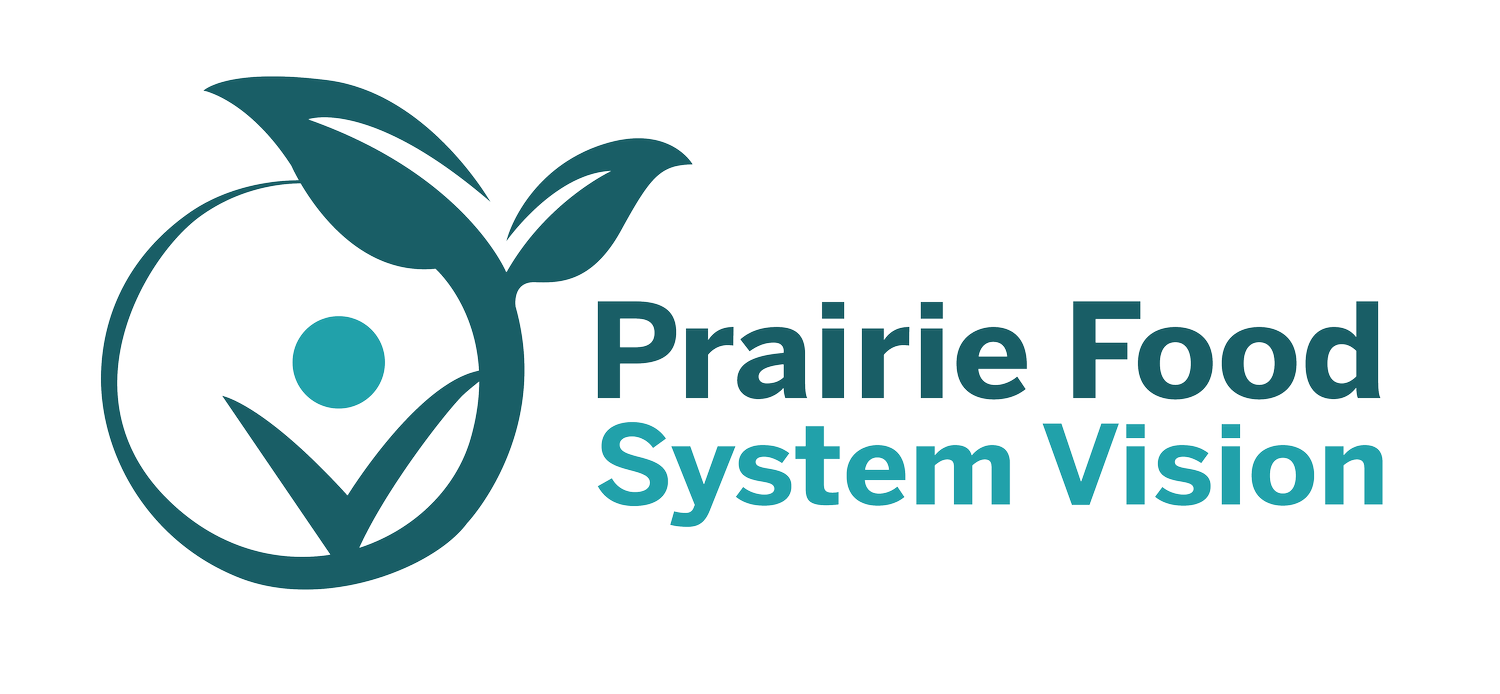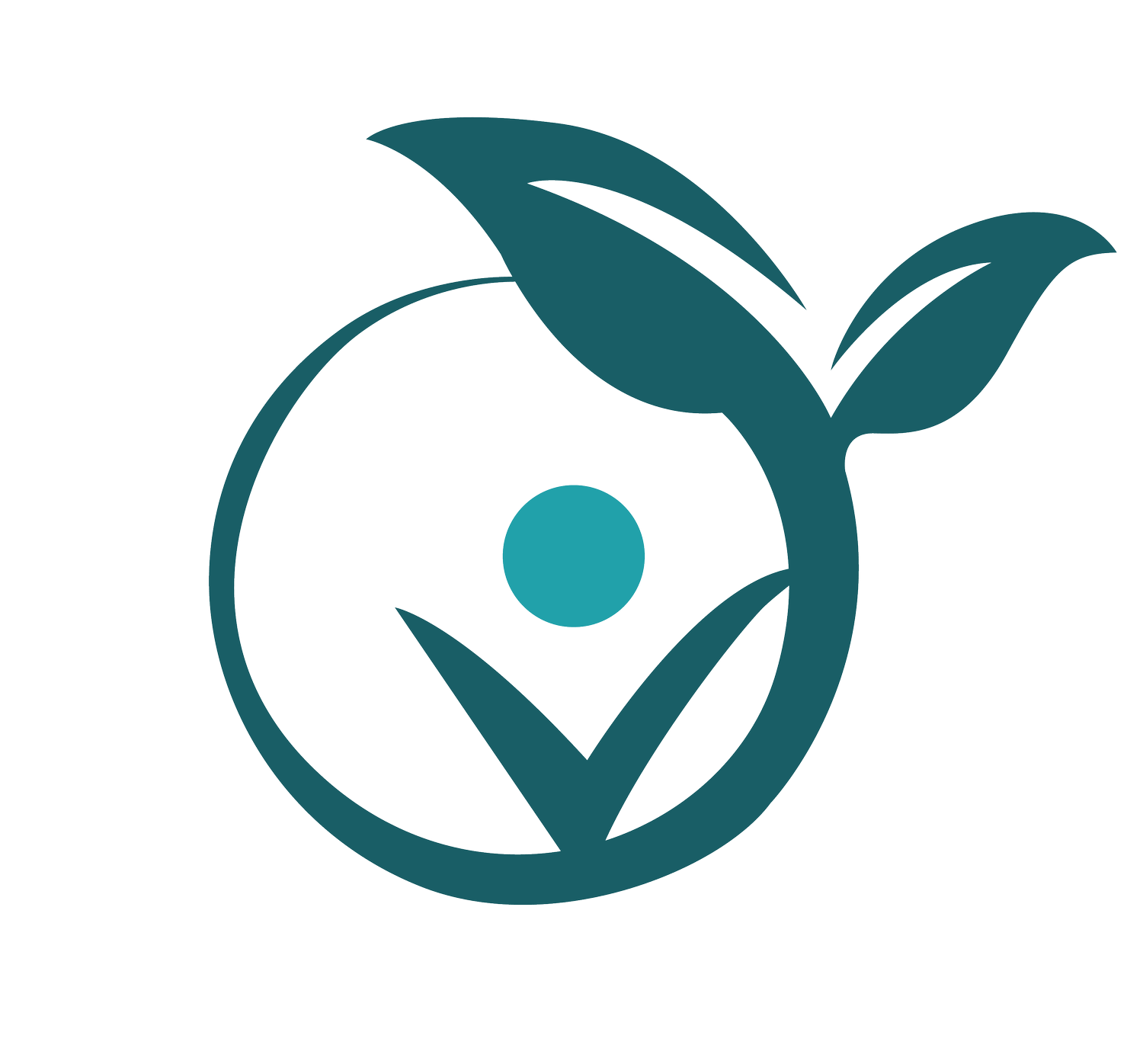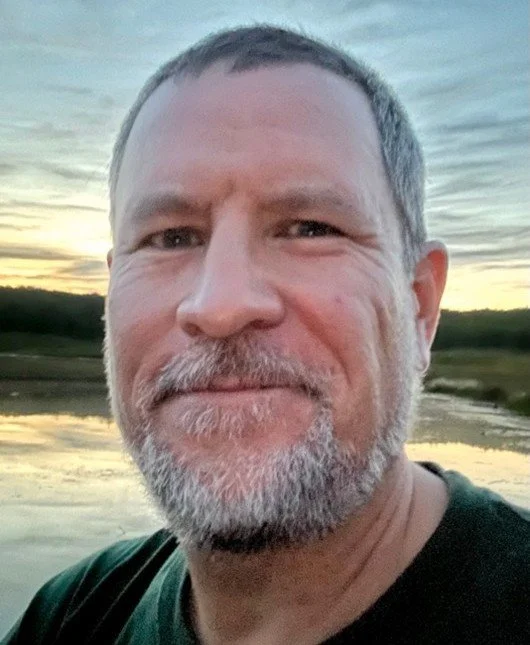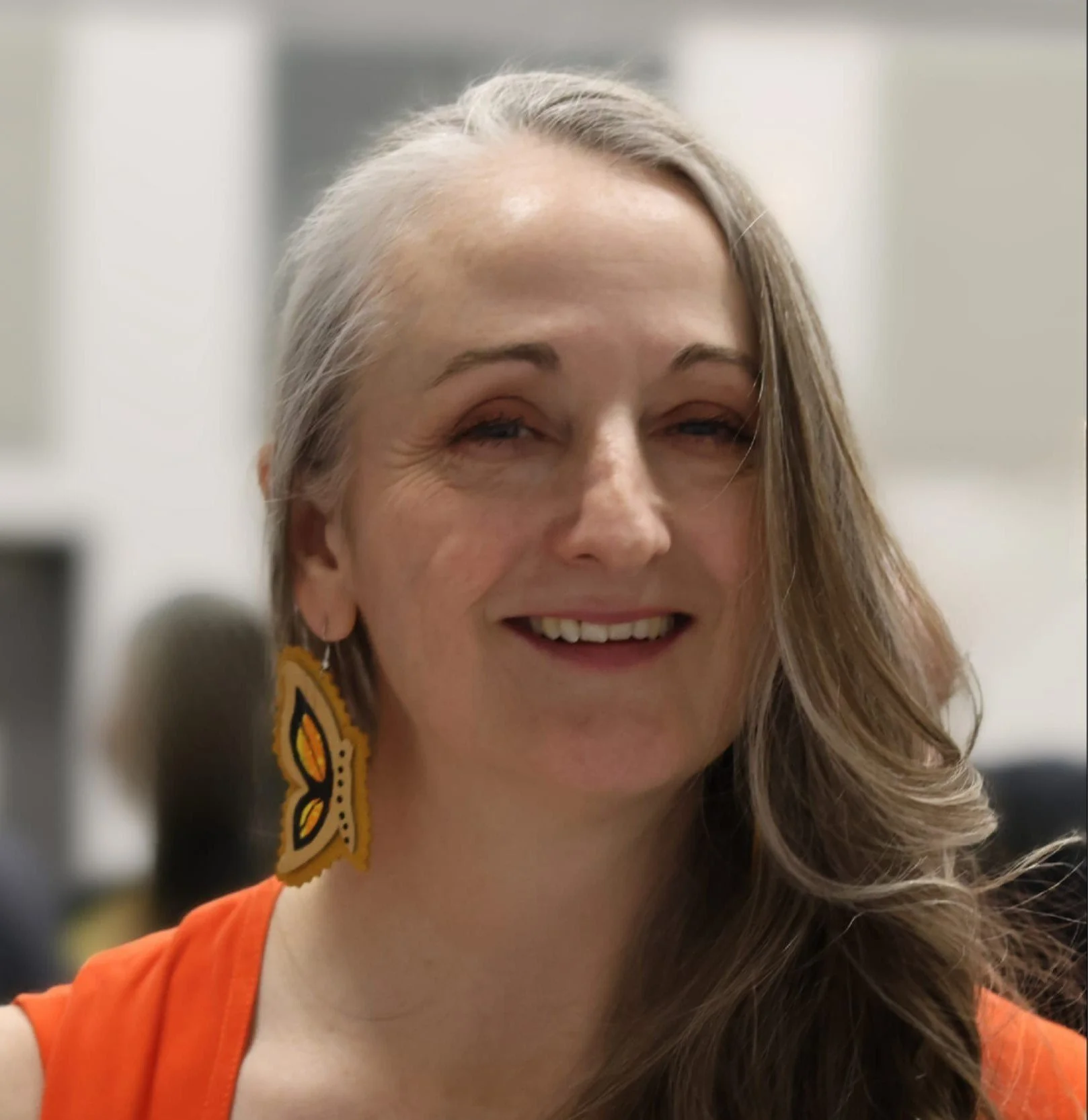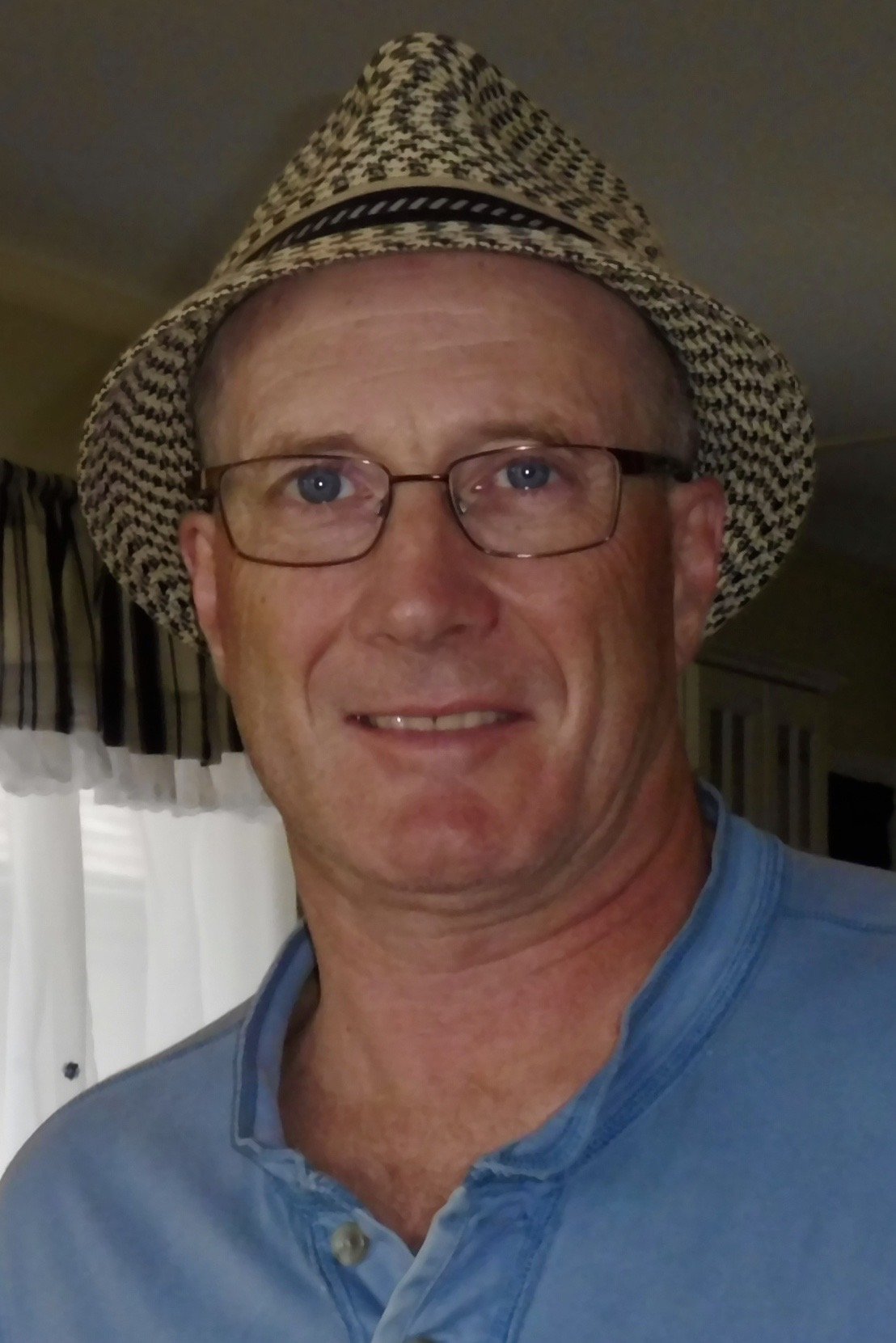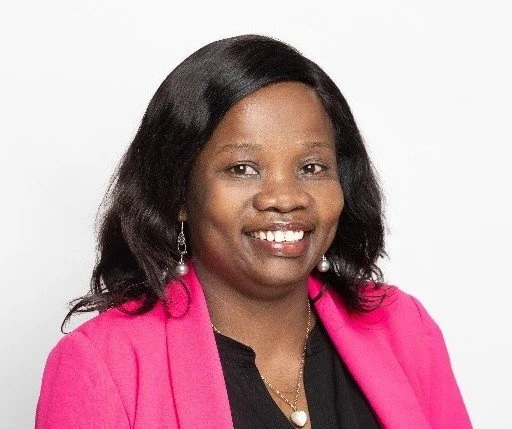Board Members
-
Dr. Branimir Gjetvaj is a biologist, environmental photographer, and dedicated nature conservationist based in Saskatoon, Saskatchewan. His work focuses on the intersection of land use, biodiversity conservation, and food security. Passionate about supporting and restoring biodiversity in agricultural landscapes, he advocates for the wider adoption of nature-based climate solutions. As a Croatian-Canadian, Branimir brings a multicultural perspective to nature conservation and reimagining food systems on the Canadian Prairies. He takes pride in his cultural heritage and ancestral connection with the land.
Branimir has made significant contributions to the non-profit sector, serving on the board of directors for several organizations and as an appointed member of the University of Saskatchewan Senate. He holds a Ph.D. and M.Sc. in genetics, as well as a Master of Sustainable Environmental Management degree. Recently, he earned a Certificate in Non-profit Management, which he uses to enhance the effectiveness and impact of the non-profit organizations he supports.
Branimir has published two award-winning books on prairie conservation: "The Great Sand Hills: A Prairie Oasis" and "Islands of Grass". In 2013, Branimir was recognized by the Canadian Environmental Law Association for extensive contribution to environmental non-profits, and for using his photography to advocate for nature conservation.
-
Daniel Bellegarde is a citizen of Little Black Bear’s Band of the Assiniboine Cree in Treaty 4 Territory, southern Saskatchewan. He attended the University of Regina in the Faculty of Administration and has received numerous specialty training at various universities and professional development institutions.
He has held senior positions with First Nations organizations, including Socio-Economic Planner with the Meadow Lake Tribal Council and First Vice-Chief of the Federation of Saskatchewan Indian Nations. As Vice-Chief, he held the portfolios of Treaty Land Entitlement and Specific Claims, Gaming, Justice and Policing, International Affairs and Self-Government.
He has served on the national Boards of CESO and the Canadian Association of Police Governance. He has been a Commissioner of the Indian Specific Claims Commission 1992-2009 and has served as Co-Chair of the Commission from 1994 to 2000.
He is currently the Justice Coordinator for Little Black Bear’s Band and Chair of the File Hills First Nations Police Service Board of Police Commissioners, as well as a policy advisor on inherent and Treaty rights to First Nations organizations.
-
Elizabeth is an assistant professor in the School of Public Health, University of Alberta, Canada. She is a health geographer and a social epidemiologist whose research work focuses on migration and food security, intersections of gender, gender-based violence, and the associated health outcomes in minority populations.
In her current research program, Elizabeth is exploring barriers and facilitators of migrant community engagement in social support services including access to food security initiatives and in building alternative masculinities for gender-equal migrant communities. She has extensive experience in working with vulnerable populations. Elizabeth is passionate about community service and is a member of Rotary International.
-
Dr. Mary Beckie holds an interdisciplinary doctorate in Sustainable Agriculture and Rural Development from the University of Saskatchewan, and is currently a Professor and Director of Community Engagement Studies in the School of Public Health, University of Alberta. Her research has examined various aspects of localized, regenerative and equitable agri-food systems in a range of contexts including: organic agriculture and direct marketing in Canada and Europe, agroecology and permaculture in Cuba, institutional procurement of local food in Alberta, the role of citizen engagement and the social economy in local food system development in Western Canada, urban agriculture in England and Canada, Indigenous food sovereignty in Canada’s Prairie Region, and food security initiatives in India, Sri Lanka and Canada. Her research is community-engaged and often in partnership with community and government organizations.
Mary grew up on a farm in south central Saskatchewan, where she first learned about the importance of good farming practices, food self-sufficiency, and the value of community. Her first career path focused on the natural sciences and following the completion of a BSc in Biology and a MSc in Molecular Genetics she was involved in teaching and agricultural biotechnology research in post-secondary and federal research institutions. Her interest in alternative agri-food systems and sustainable development led to a career change and her enrolment in the PhD program described above.
As part of the Prairie Food System Vision Network, Mary’s aim it to highlight and support inspiring and transformative agri-food system initiatives taking place in Canada’s Prairie Region, and to contribute to the networking, collaboration and innovation needed to strengthen and advance this crucial movement.
-
Renée Vaugeois is a long-standing advocate for human rights, social justice, and community-based transformation. Since 2005, she has led the John Humphrey Centre for Peace and Human Rights as Executive Director, mobilizing grassroots action and systemic change across Alberta and Canada.
Renée brings deep expertise in rights-based advocacy, anti-racism, and collaborative leadership, with a strong focus on amplifying marginalized voices. Her work has included leading the Alberta Hate Crimes Committee (aka StopHateAB), founding the Coalition for Justice and Human Rights and Righting Relations Canada, and co-creating international solidarity through the Ainembabazi Children’s Project in Uganda, which supports agricultural and food sovereignty initiatives.
Grounded in a farming heritage and driven by a vision for food justice, Renée has catalyzed innovative local food solutions; most notably the YEG Community Response to COVID-19, which reached over 169,000 people and fostered a collaborative food infrastructure in Edmonton.
She currently co-leads the Food Security and Food Justice Edmonton (FSFJE) initiative and brings a human rights lens to food systems, grounded in Treaty responsibility, equity, and Indigenous land stewardship.
-
Raised on a farm in Saskatchewan, Neil has spent 40 years working with crop-based agronomy, applied research and rural development in Western Canada and Latin America. Neil has particular interests in facilitating farmers to achieve more sustainable cropping systems through crop diversification, particularly by incorporating legumes into crop rotations. He applies empowerment-based learning techniques with farmers and colleagues.
Neil also enjoys planning extension events for farmers and translating science-based agricultural knowledge into written educational material for farmers and the general public. Neil currently works with Organic Alberta.
Staff
-
Gord was raised on a small mixed farm in the aspen parkland region 80km north of Saskatoon, His formal training is in Biology and Agriculture with his real-life training in listening to all voices, food insecurity, local food, and social justice.
He has served as the Executive Director at CHEP, a Saskatoon food security agency, for nearly five years. He also does land restoration consulting in the Flin Flon, MB region and serves as a Part-Time Director with the Saskatchewan Municipal Board (an appeals tribunal).
Most of his career was spent as an Agronomist in the commercial ag sector, within agricultural cooperatives, and with a farmer-led funding foundation. He has always been a bit of a ‘square peg in a round hole’ and hopes that one day a reset of agriculture policies leads to strong rural communities, local food production to support regional food security and an abundance of small successful farmers to complement our export agricultural framework.
Gord has two adult children who have traveled to far more distant parts of the world than he has. His son and partner having bought the 40-acre farmyard where he grew up. He has a small lakeside pasture near the farmyard where he hopes one day to live part of the year on a hillside tiny house bordered by a stone wall from all the rocks he and his siblings picked in childhood.
He is motivated by coffee conversations with strangers, his late Russian Doukhobor grandmother, visiting out of the way places, the value of blending western and Indigenous knowledge and the many people who still strive to build community spaces where we can all thrive regardless of the privilege we may or may not have.
-
Paul Hanley has been involved with environmental and agricultural issues and activities since 1970. He has published seven books and 1600 articles on these and other themes, including Earthcare: Ecological Agriculture in Saskatchewan (1980), The Spirit of Agriculture (2006), and the award-winning book ELEVEN (2014). His biography of Richard St. Barbe Baker, Man of the Trees (2018), featureda foreword by HRH Prince Charles (King Charles III) and an introduction by Jane Goodall. Paul is a recipient of the Rockefeller Foundation’s Food System Vision 2050.
Paul is married and has three sons and three grandchildren. He has lived in Saskatchewan for most of his life but now resides on the island of Molokai.
-
Jeff Baker (PhD) is a Métis educator and scholar who employs participatory and Indigenous methodologies to explore the transformative possibilities that exist at the intersection of Indigenous and Western scientific ways of knowing. Jeff is currently employed as an Indigenous Education and Engagement Specialist with the Resilience Institute (TRI).
Prior to joining TRI, Jeff held the position of Chair in Indigenous Education at the University of Saskatchewan and worked for the community of Mistawasis Nêhiyawak as a Senior Policy Analyst and Indigenous Food Sovereignty Specialist. He is also a Land Steward and Operator of the kâmwâtanahk Land-based Learning Lab, which is focused on fostering respectful relationships between people and the land, and shared learning and reconciliation between Indigenous and non-Indigenous knowledges and peoples.
Jeff’s work balances issues of equity with those of sustainability and is largely informed by his diverse ancestry and wealth of experience living and working in cross-cultural contexts within Canada and abroad. Jeff was born in Uranium City, SK, and currently resides in the village of Marcelin, SK.
-
Marla Carlson is a passionate advocate for healthier, more just, and sustainable food systems across the Canadian Prairies. Since 2006, she has held numerous leadership roles in Saskatchewan's agricultural sector, including serving as the first Executive Director of SaskOrganics.
Marla has also been deeply involved in the Prairie Food System Vision Network, a thirty-year project aimed at decolonizing the food system on the Canadian Prairies. She has contributed to the initiative since its inception, initially serving as a Steering Committee member when the project was awarded the Rockefeller Foundation’s Food Systems Top Visionary Prize. Marla was also a founding director of the network.
More recently, Marla took on the role of Coordinator, helping to further develop the organization and enhance its impact.
Founding Steering Committee &
Board Members
-
Dr. Martin Entz (UM Plant Sci), Professor in Natural Systems Agriculture and newly appointed inaugural Jarislowsky Chair in Natural Systems Agriculture for Climate Solutions. He received his PhD from the University of Saskatchewan in 1988 and worked as a farm manager and research agronomist before embarking on his academic career.
“The goal of my program is to discover new ways of farming ecologically; to empower farmers with knowledge to design organic and ecological farming systems adapted to where they live; and to engage students in this exciting process”. He leads the Glenlea study – Canada’s oldest organic-conventional farming systems comparison study, which is in its 32nd season. In 2011, Martin started Canada’s first farmer participatory wheat and oat breeding program focussed on organic production. “Farmer involvement is an important part of my research program”. Entz currently leads the “Nature-based agriculture for climate resilience in East Africa” project and has engaged students in international research projects in Central and South America. The quality of his research, teaching, and mentorship of students has been recognized with the Leadership in Organic Science Award in 2019.
-
Neil began farming organically with 1,000 acres near Belle Plaine in 1978. He was an industry builder, travelling all over Saskatchewan to promote organic farming, and the benefits of sweet clover.
He formed Growers International in 1985, providing marketing, organic certification and agronomic advice to organic farmers. He negotiated the first farmer directed sale with the CWB, recognizing organic techniques as a distinct production methodology.
Neil took an active role in establishing and maintaining domestic and international markets, connecting growers and adding value to their efforts by marketing high quality organic grain.
Neil was also a founding member of Bioriginal, an industry leader in organic flax oil and other health products.
